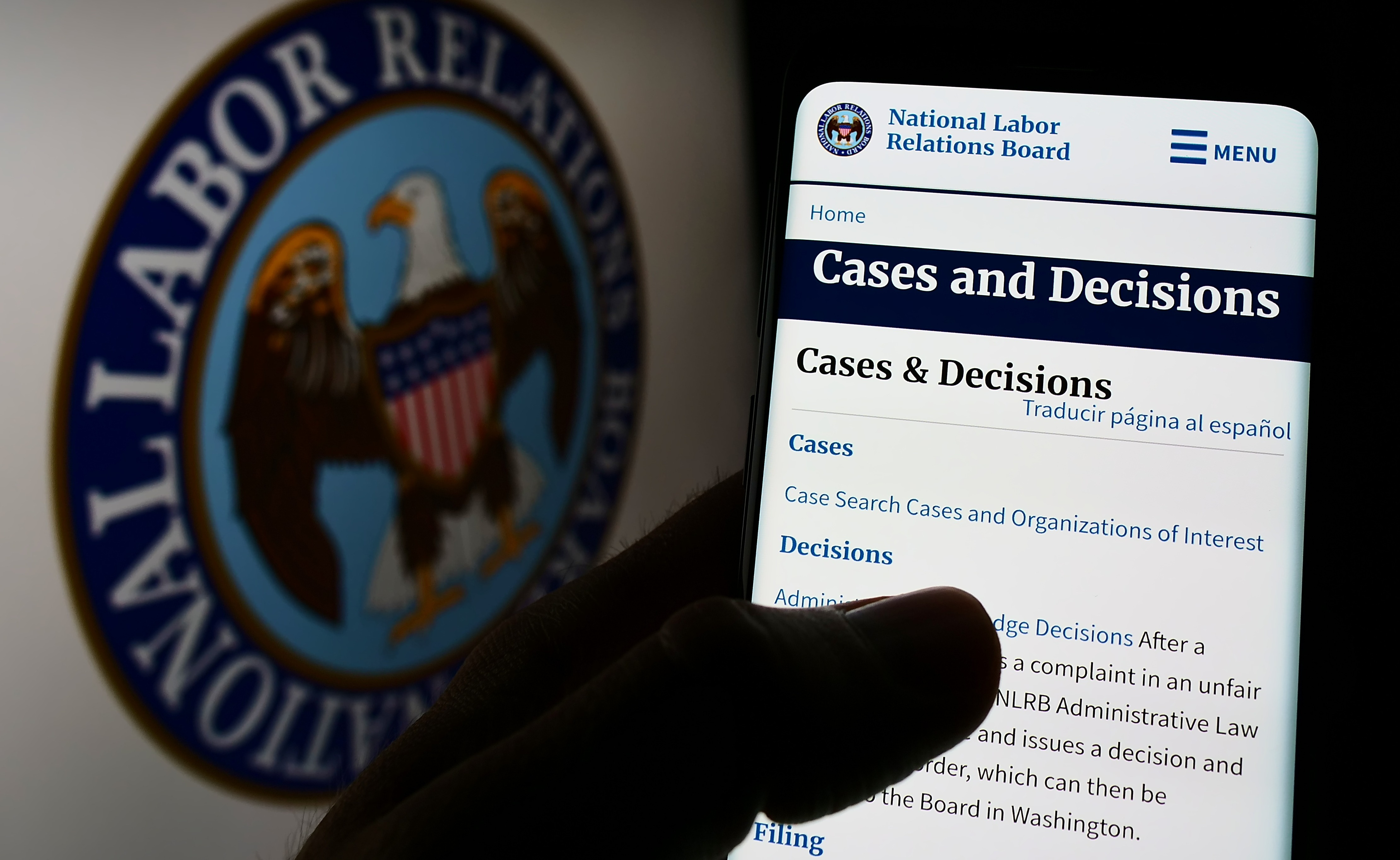NLRB Revives Troubling “Card Check” Process

In a significant development, the National Labor Relations Board (NLRB) has decided to resurrect a process known as "card check," bringing back elements of a policy that had been set aside for more than half a century. This decision could have far-reaching consequences for both employers and labor unions.
The Card Check Revival: The NLRB's decision, reached in a 3–1 vote and exemplified in a case involving Cemex Construction Materials, introduces a modified version of the 1949 Joy Silk doctrine. Under this revived doctrine, "employers must bargain with unions unless they have a good-faith doubt that majority support exists." This move resurrects a principle that had been set aside by the NLRB in the early 1970s following the Supreme Court's ruling in NLRB v. Gissel Packing Co. In that landmark case, the Supreme Court had established that the NLRB could mandate employer-union negotiations when employers engaged in severe misconduct that could taint any election.
Implications for Unions: This decision could significantly empower labor unions by providing them with an alternative route to represent workers in specific cases. Instead of going through the traditional and often protracted election process, unions can now assert their representation when a majority of workers sign cards in support of unionization. This approach may streamline the unionization process and potentially boost union membership.
NLRB's Recent Actions: Interestingly, this revival of the card check process comes on the heels of the NLRB's recent move to reinstate Obama-era regulations designed to expedite union elections. These actions collectively signal a shift in the NLRB's stance, one that some critics argue may tip the balance in favor of labor unions.
The Controversy Surrounding Card Check: It's essential to recognize that card check has long been a contentious issue, especially among manufacturers and employers. Critics argue that it is intrinsically unfair and insecure because it does not guarantee employees the right to cast their votes in secret, potentially subjecting them to undue pressure from union organizers.
Manufacturers and employers have historically opposed card check for these reasons, contending that it undermines the integrity of the unionization process and limits employees' ability to make their choices privately.
Republican Rep. Virginia Foxx of North Carolina, who chairs the U.S. House of Representatives Education and the Workforce Committee, in a statement called the decision "un-American" and said the NLRB had strayed from is mission of protecting workers.
"This decision is ... a concerted effort to chip away at workers’ rights and force every worker in America into a union," Foxx said.
For a more in-depth look at the implications of this NLRB decision and the ongoing debate surrounding card check, we recommend reading the articles available from the National Association of Manufacturers and Reuters.
As this issue continues to evolve, it's crucial for industry stakeholders to stay informed about these developments and consider their potential impact on labor relations and workplace dynamics. The NFFS Government Affairs Committee will continue to monitor this situation and provide updates as necessary.
